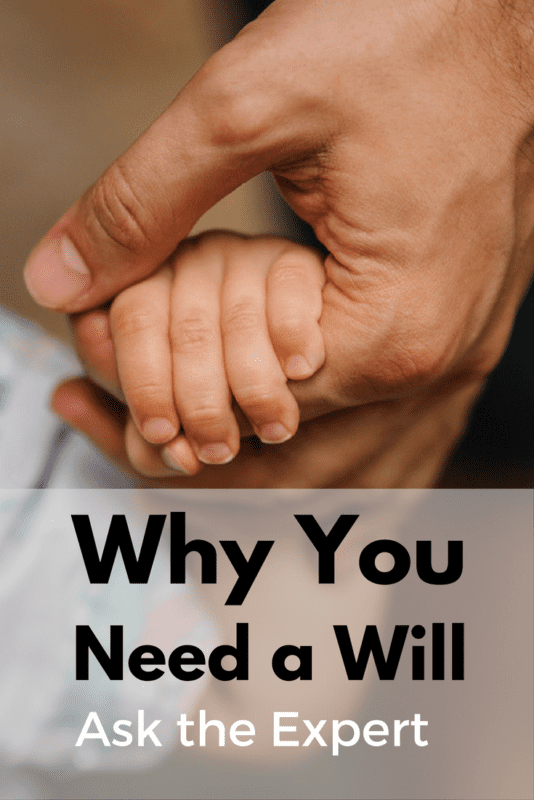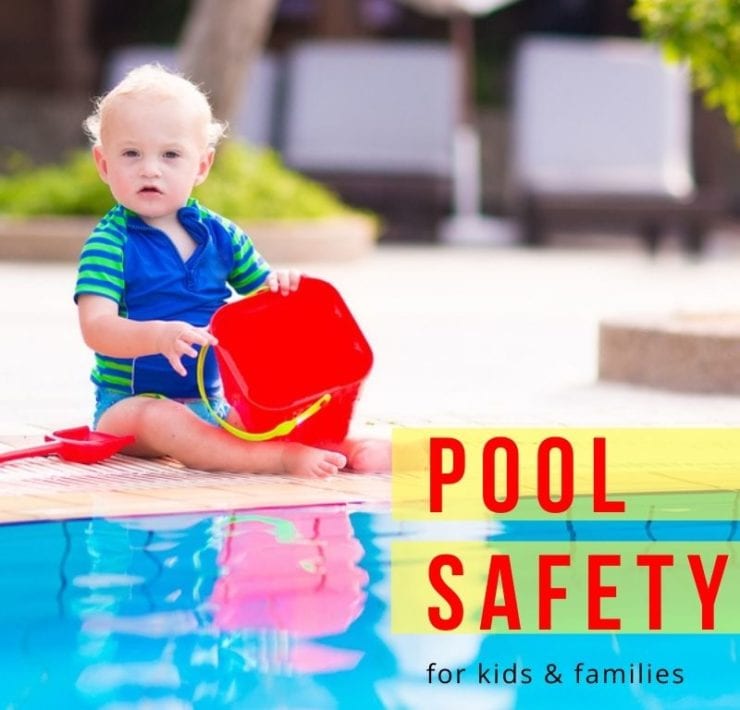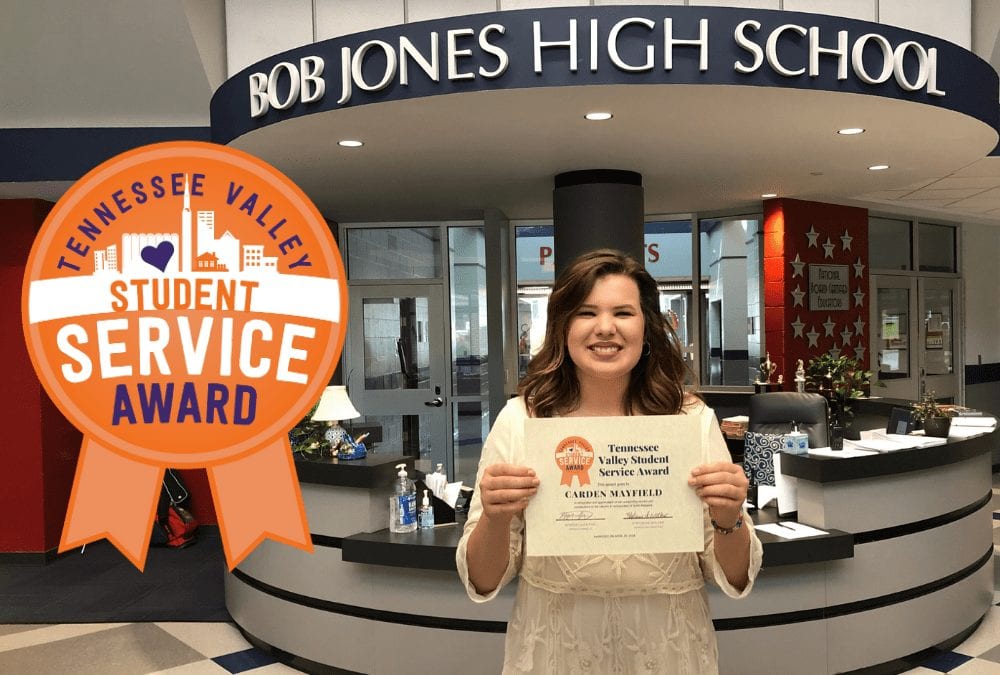Why All Parents Need a Will Right NOW

A will is a legal document that sets out the way in which your property and assets will be distributed when you die. A will and a well-crafted estate plan can minimize the tax burden on your heirs, while easing the transfer of assets. If you don’t have a will, state law controls how your assets are distributed. Moreover, if you’re a parent of minor children, a will allows you the ability to select who should be the guardian of your children if you pass away.
We answered questions local parents had about how to set up a will, determine a guardian, or otherwise prepare for the kinds of things no mom or dad wants to think about… but should if they are researching how to set up a basic estate plan.
Your Will Questions Answered
“What are the minimum requirements for a will to be legal?”
In Alabama, anyone who is over eighteen, of sound mind and body, and free from the influence of others can make a will. The law extends the ability to write a will to every adult who is lucid and free from undue influence from others.
“How can you avoid financial accounts from being frozen during the probate process? How does this effect minor children?”
Part of estate planning involves making sure your children will have adequate funds and support while your will is in probate. To avoid bank accounts, retirement accounts, and other financial accounts from being tied up, title them jointly with another person. Accounts that are jointly titled do not pass through probate. Instead, they pass directly to the other person whose name is on the account, allowing that person full control. Alabama law also allows certain exemptions and allowances for a spouse and minor children while the will is being probated.
“What are some guidelines to help determine who receives custody of your children?”
Parents can name a guardian for their children in their will. If you die without naming a guardian, the court will appoint a guardian based on the best interests of the children. If your will or trust names a guardian, the court will appoint that person as guardian, unless they are unable or unwilling to serve in that capacity. You can avoid difficult family decisions and disputes by naming someone to serve as your children’s guardian in your will.
If you are married, your spouse continues to take care of the children. If you are a single parent, or if you and your spouse die at the same time, the court will appoint a guardian for the children. It’s important to have a conversation with the person who you want to serve as guardian. In some instances, it may be appropriate to name a guardian to look after the general well-being of the children, but name a different person as trustee or conservator to manage the financial affairs.
“Can I dispose of my property any way I want?”
A will allows you to distribute property in almost any way in which you want. However, you cannot completely exclude your spouse (unless you and your spouse have a prenuptial agreement that says otherwise). Alabama law provides that a spouse gets a 1/3 elective share. However, a revocable trust or a pre-nuptial agreement can prevent a spouse from receiving anything from a spouse’s estate.
“What are some guidelines on naming the executor of my estate?”
Every will nominates an executor (also known as a personal representative) to handle all of the affairs of your estate. This person collects all of your assets, pays your final bills (including income taxes) and delivers the property and assets of your estate to beneficiaries. The executor may be a beneficiary under the will. They need to be trustworthy and competent with business and financial affairs. Usually, a spouse or family member serves as personal representative of your estate. In the event the original person is unable or unwilling to serve, you also name an alternate.
Having a well-crafted estate plan provides the peace of mind that your wishes will be carried out after you pass away. It’s comforting knowing that your children will be well taken care of. Finally, having a complete estate plan also minimizes the burden on family members to make difficult decisions on your behalf. If you don’t have a will, or if your circumstances have materially changed since you last made a will, consider establishing an estate plan today.
Covid-19 has made my husband and I really start to think about our estate planning, and what would happen to our family if something happened to us. We’d like to update our Will, but how can we do that safely during a pandemic?
Many people may not know that they don’t have to be in person to execute a Will, Power of Attorney or other Estate planning documents. On April 2, 2020, Governor Ivey issued an amendment to her COVID-19 Proclamations. This particular one addresses the witnessing and notarization of documents. Documents can be witnessed and notarized using video conferencing as long as the following protocols are observed:
- The session must be recorded and the recording must be maintained for 5 years, and the session noted in the notary’s log book.
- The notary must confirm the signatures of the participants and witnesses. Just holding it up on the video for everyone to see accomplishes this.
- A person who witnesses through the video conference may be considered “in person” as long as the presence of the witness and the identity of the witness is validated by the notary at the time of signing.
- The official time and date of the notarization will be the date and time the notary witnesses the signature via the videoconference.
- All documents (originals) must be sent to the notary for execution.
Do you have a question about family estate planning for Doug? Leave it in the comments below, or send him an email. You can find more estate planning info from Doug here.
This article was originally published in 2016 and has been updated to keep information current.
 ABOUT THE EXPERT: Doug Martinson is a partner with the Huntsville law firm of Martinson & Beason, P.C., where he has practiced for over twenty-five years. Doug is the current President of the Huntsville – Madison County Bar Association and focuses his practice on estate planning, estate administration, and probate law. Doug is a native of Huntsville and is an active member of the Downtown Huntsville Rotary Club, serves on the Huntsville Madison County Library Board and is past President of the Huntsville School Board.
ABOUT THE EXPERT: Doug Martinson is a partner with the Huntsville law firm of Martinson & Beason, P.C., where he has practiced for over twenty-five years. Doug is the current President of the Huntsville – Madison County Bar Association and focuses his practice on estate planning, estate administration, and probate law. Doug is a native of Huntsville and is an active member of the Downtown Huntsville Rotary Club, serves on the Huntsville Madison County Library Board and is past President of the Huntsville School Board.

As a hyper-local website focused on all aspects of parenting in and around Morgan County, and the Tennessee Valley, River City Mom occasionally asks local parents to submit their stories for publication. This is part of our continual effort to represent varied viewpoints and experiences on our site. However, these articles should not be seen as necessarily expressing the views of Rocket City Mom Media Group, LLC.










